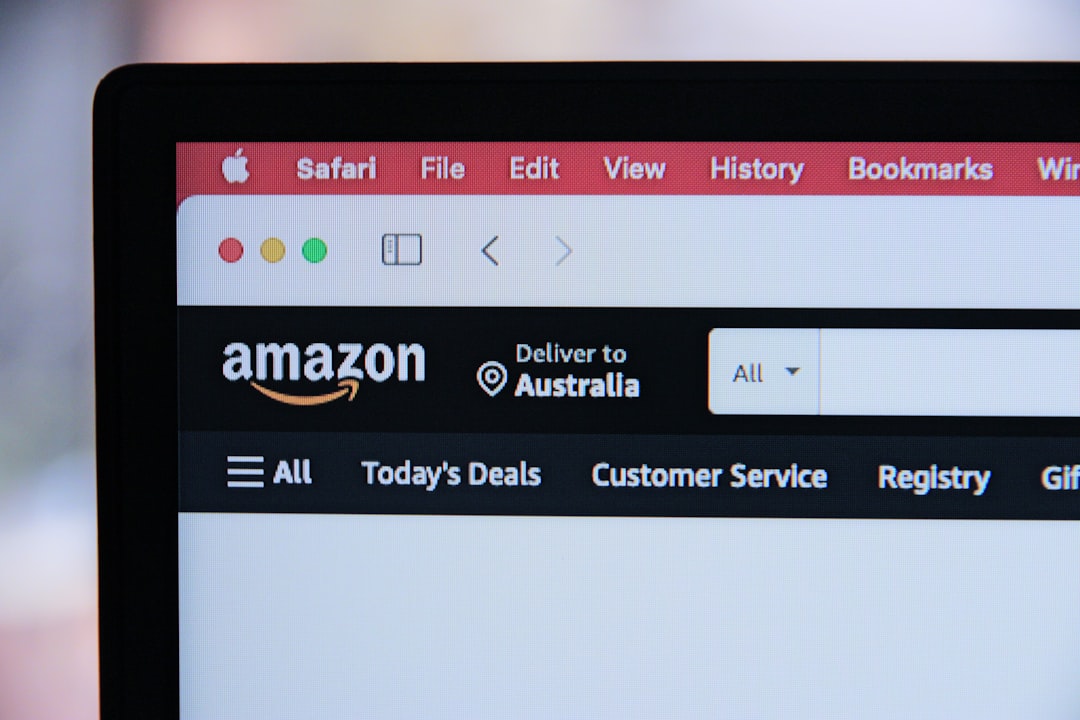During the chaotic tax season, Certified Public Accountants (CPAs) often find themselves overwhelmed by paperwork, client queries, and tight deadlines. In recent years, many have turned to a modern solution to help manage the workload—accounting virtual assistants (VAs). These remote professionals support CPAs in streamlining tax preparation processes, ultimately saving time, reducing errors, and improving client satisfaction.
[ai-img]tax documents, computer screen, accountant[/ai-img]
The Role of Accounting Virtual Assistants
Accounting VAs are trained professionals specializing in finance-related administrative tasks. Unlike traditional in-office staff, VAs work remotely, offering flexibility and cost-efficiency. They are skilled in using accounting software like QuickBooks, Xero, and FreshBooks, making them an immediate asset to any CPA firm.
Their responsibilities during tax season can include:
- Organizing and digitizing financial records
- Entering and categorizing transactions
- Reconciling bank and credit card statements
- Preparing preliminary tax reports
- Managing client communications and follow-ups
These tasks may appear routine, but they are crucial in preparing accurate tax filings. With a competent accounting VA handling these duties, CPAs can focus on more strategic aspects of tax planning and advising.
Enhancing Accuracy and Compliance
Errors in tax documents can lead to audits, penalties, and dissatisfied clients. Accounting virtual assistants help mitigate these risks by maintaining accuracy in data handling. Since they often use cloud-based accounting systems, collaboration becomes seamless, and data integrity is preserved through version control and real-time updates.
Additionally, VAs are usually trained to keep up with the latest tax codes and compliance regulations, which reduces the likelihood of filing errors due to outdated practices or lack of knowledge.
Time Saving and Scalability
One of the most significant advantages of hiring accounting VAs is time efficiency. Tax preparation is time-consuming, especially for firms handling multiple clients with diverse needs. By delegating time-intensive tasks to VAs, CPAs can regain hours that can be reinvested into high-value services like advisory sessions or business growth strategies.
Moreover, VAs offer scalability. During peak season, additional virtual assistants can be hired temporarily, allowing firms to meet increased demand without long-term employment commitments.
[ai-img]virtual assistant, remote work, accounting software[/ai-img]
Cost-Effectiveness
Hiring full-time in-house staff involves recruitment costs, training, salaries, and benefits. In contrast, accounting VAs are generally paid hourly or per task, making them a more affordable option for many CPA firms, particularly small to mid-sized ones. They also eliminate the need for office space and equipment, further reducing overhead costs.
Improving Client Experience
Timely communication and organized documentation play a key role in client satisfaction. With accounting virtual assistants managing follow-ups, sending reminders, and assembling required documents, clients enjoy a smoother tax season with fewer delays and errors. This level of service enhances the firm’s reputation and encourages client loyalty.
Choosing the Right Accounting VA
Finding the right virtual assistant is critical. CPAs should look for candidates or agencies with:
- Experience in accounting and tax preparation
- Familiarity with accounting software
- Strong communication and organizational skills
- Data security awareness and confidentiality adherence
Many firms opt to work with established outsourcing companies that offer vetted VAs with proven track records to ensure quality and reliability.
Conclusion
Accounting virtual assistants are transforming the way CPA firms prepare for and navigate tax season. Their ability to handle detailed, administrative tasks frees up CPAs to focus on strategic client services. With benefits ranging from improved accuracy and client satisfaction to cost savings and scalability, VAs have become a vital support system for modern accounting practices.
FAQ – Accounting Virtual Assistants for CPAs
-
Q: What qualifications should an accounting virtual assistant have?
A: Ideally, they should have a background in accounting, be proficient in relevant software, and understand tax regulations and compliance. -
Q: Can a virtual assistant handle confidential financial information safely?
A: Yes, but ensure they adhere to strict data protection protocols and use secure systems. NDAs are also recommended. -
Q: How do I communicate efficiently with a virtual assistant?
A: Use cloud platforms, project management tools like Trello or Asana, and maintain regular video or phone meetings. -
Q: How much can I expect to pay for a qualified accounting VA?
A: Rates vary based on experience and location, but generally fall between $15 to $50 per hour.

